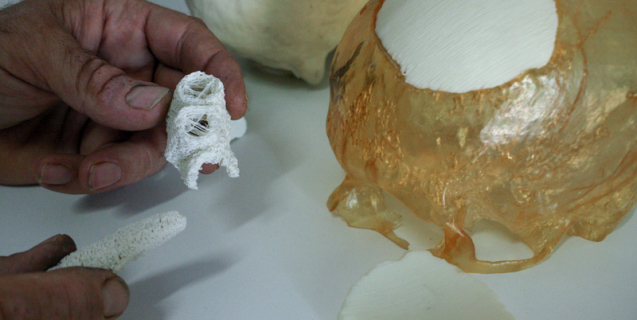
It seems there are two types of 3D printing companies these days: those that support open source principles and those that operate in the world of patents.
Reading an interview with WASP Project found Massimo Moretti by Maurizio Andreoli got us thinking more about this. It seems the WASP Project, an Italian manufacturer of many interesting 3D printers, is on the open source side. Consider Moretti’s words here:
Too many companies with a great economic power develop technologies which they patent and in that way they make it inaccessible for most of people. When advanced knowledge will connect with shared knowledge it will be a spontaneous blooming of accessible practices, which will evolve through the collectivity in several ways, it will be impossible to patent it or anticipate it. A common benefit which can generate not only an healthy society but also jobs, starting from common people.
But there’s a clue here. Moretti says “companies with a great economic power”. In other words, large companies.
If you look at the most vocal supporters of open source principles, they tend to be smaller companies. The largest companies tend to be more patent-oriented. Why is this so?
We believe it has to do with the form of corporate structure and investment. The investment community, largely, has a singular goal: get better returns for their money. This approach causes large amounts of money to slosh around the markets, seeking the best returns.
Sometimes that slosh lands on 3D printing companies, where you’ll find stock offerings, private equity investments and similar. In many cases the amount of investment is sufficiently large as to alter the strategy of the company towards one more protective of their revenue streams – and that often implies use of patents. In fact, revenue streams are critically important, because a slight dip in expected revenue can cause stock prices to shift in the wrong direction, and quickly.
The side effect is that other companies are not able to easily make use of the protected intellectual property.
But this is the world we live in today, until someone invents a different approach.
Via WASP

